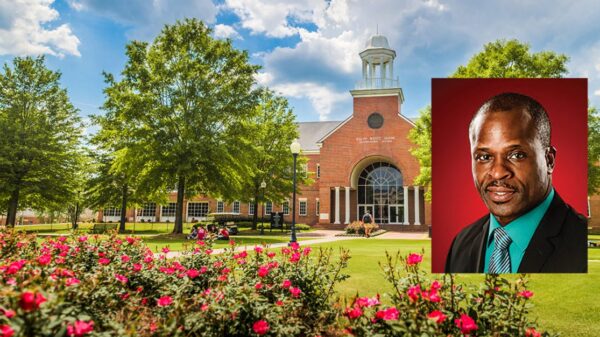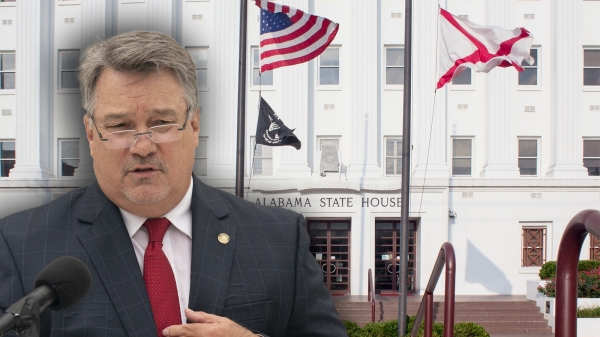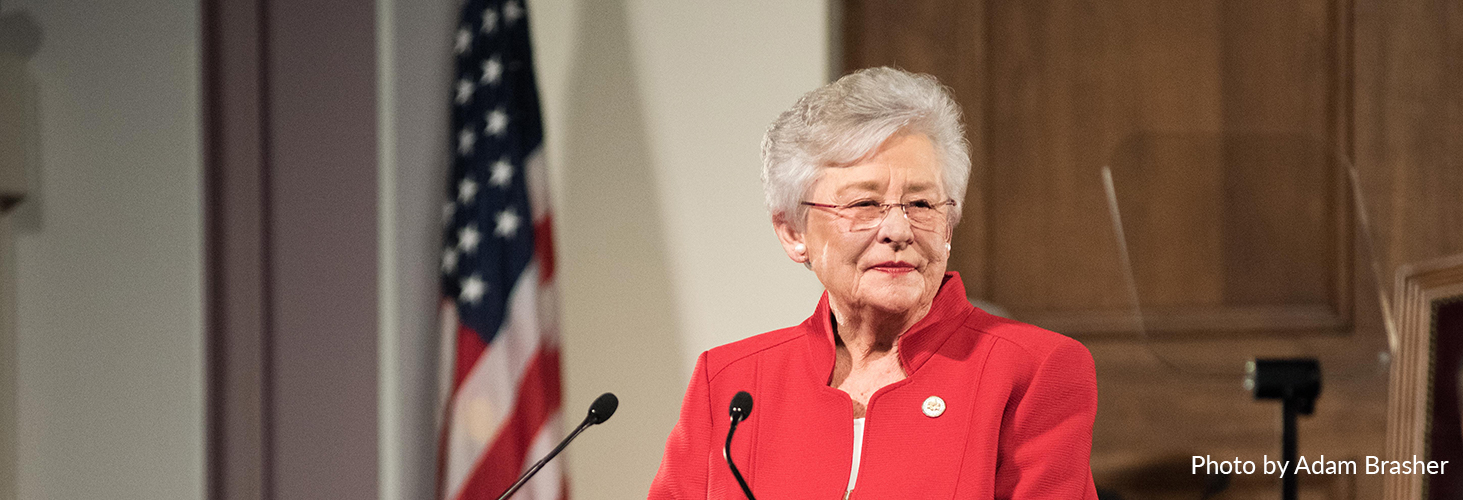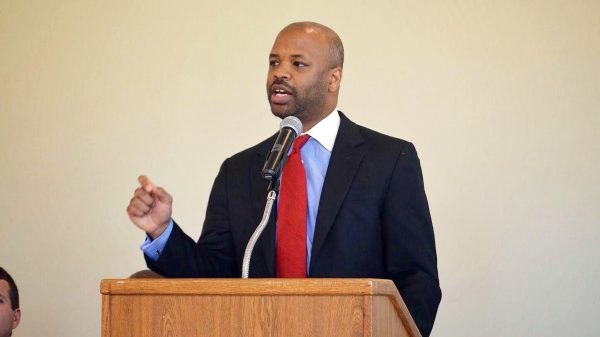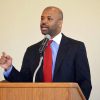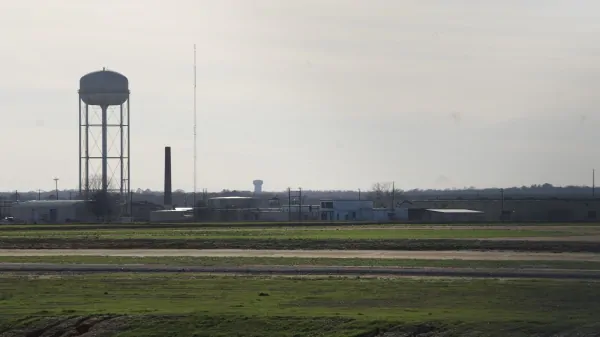By Chip Brownlee
Alabama Political Reporter
Alabama Gov. Kay Ivey shifted further away from former Gov. Robert Bentley’s plan to build new mega-prison as a solution for overcrowding and prison conditions federal courts have repeatedly ruled as unconstitutional.
In her State of the State Tuesday, Ivey pushed for new investment in prisons and the Department of Corrections, funding which, if approved, ADOC Commissioner Jeff Dunn says can be used to hire new correctional officers, retain existing officers, improve mental health and health care delivery and finance a master plan to determine how to address the state’s outdated prison infrastructure.
“Perhaps our state’s biggest challenge is found in our prison system,” Ivey said Tuesday. “For far too long we have run our state’s prison system in a way that risks a takeover by the federal courts.”
A U.S. Federal Court last summer ordered the state to come up with a solution to mental health care in the state’s prison system that District Judge Myron Thompson called “horrendously inadequate.” Since then, Dunn and ADOC is planning to hire hundreds of new prison staff and have entered a new health care contract to comply with the federal court order.
“One federal court has found that our prisons are overcrowded and understaffed, due at least in part to facilities that are worn and old,” Ivey said. “Correctional professionals work diligently to provide security, medical, mental health and rehabilitative services in a challenging environment. They deserve our attention and support.”
Bentley had worked for several years to push a plan dubbed the Alabama Prison Transformation Initiative, which would have called for the construction of four new mega-prisons to replace Alabama’s aging facilities built largely in the 1960s and 1970s. That plan, even in a watered-down version, failed to pass the Legislature last year.
Compared to Bentley’s $1 billion, bond-funded plan, Ivey’s new proposal, which backs away from a complete overall of the prison system, calls for a comparably more moderate plan of increasing ADOC appropriations by $50 million per year over the next two years. The department would see an increase of $30 million this year if her plan is approved by the Legislature.
“We will no longer guess about possible fixes,” Ivey said. “Instead, I will present to the people a workable solution to this generational problem. I am committed to meeting this challenge head-on.”
Ivey said her Dunn and ADOC staff have commission comprehensive reviews to address health care delivery and the new health care contract will improve health care at a “reasonable cost.” The new funding, Dunn and Ivey say, would also be used to commission a construction master plan to guide “cost-effective” decisions to address outdated prison infrastructure.
“We’re asking for a significant increase. I don’t think anyone is surprised by that,” Dunn said after the address. “It’ll enable us to make some immediate progress. It’s very important that we demonstrate to the correctional community but also to the broader community, the courts, that we’re responsive and take this problem seriously.”
The court order in the lawsuit brought by the Southern Poverty Law Center over mental health conditions isn’t the first time the Federal Judiciary has shown increasing impatience with Alabama’s prison system. In recent years, conditions at Tutwiler Prison were so bad that a Federal court ruled them unconstitutional and ordered improvements. The US Department of Justice launched a larger investigation in 2015.
“It’s a generational problem,” Dunn said. “It’s going to take time to fix it.”
The Legislature saved a $90 million reserve last year in anticipation that it would need to address issues relating to the prison system and uncertainties about federal funding for state health programs like Medicaid and the Children’s Health Insurance Program. With revenues looking good, lawmakers seem confident in the financial status of the state this year, though it depends largely on CHIP.
State Senate President Pro Tem Del Marsh, R-Anniston, said Tuesday night after the speech he supports the ADOC funding increase.
“We’re going to get the job done. The budgets are our priority and our constitutional priority,” Marsh said. “The prison issue, we think, is addressed in the budget. The governor is making money available for mental health, which was the concern of the federal judge.”
While Dunn said ADOC has not totally abandoned the idea of new prisons, it’s looking at the problem from a three-pronged approach including addressing lack of correctional staff, including retention of those officers, addressing infrastructure issues and addressing the issues with healthcare delivery.
“This budget represents investments in recruiting and retention and compensation for that staff,” Dunn said.
The construction master plan will allow ADOC to make better decisions about where to make “best-value” investments in infrastructure, renovations or new prison construction.
“If we can go forward with the budget that we have and continue this minimum in future years, we will look back in 5 or 10 years and say we’ve completely transformed this department and it started this year,” Dunn said.

























